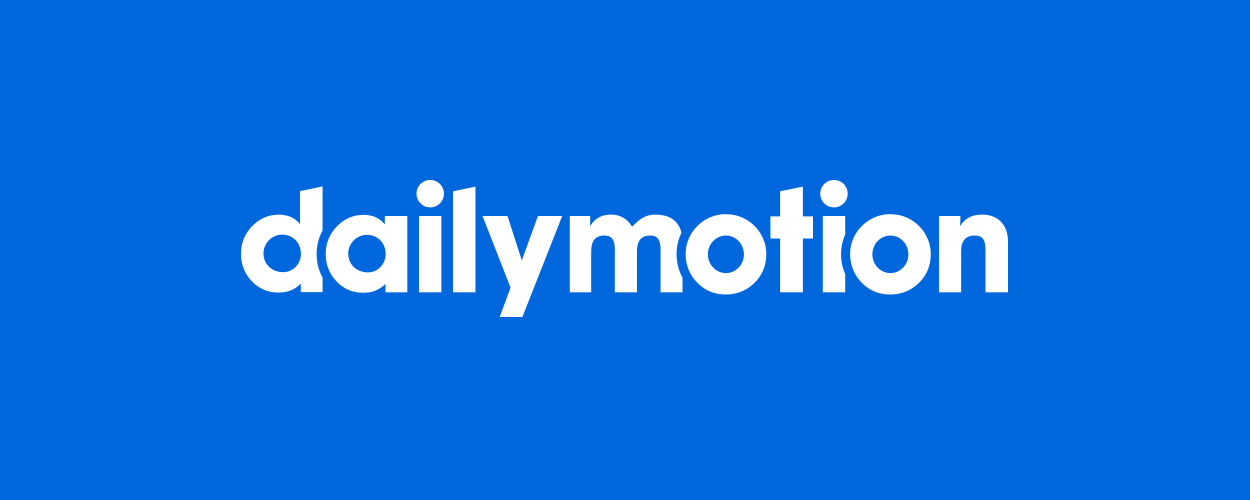This website uses cookies so that we can provide you with the best user experience possible. Cookie information is stored in your browser and performs functions such as recognising you when you return to our website and helping our team to understand which sections of the website you find most interesting and useful.
Business News Digital
Dailymotion to relaunch down-playing UGC
By Chris Cooke | Published on Wednesday 12 April 2017

YouTube rival Dailymotion has announced a big relaunch for June that will see the video-sharing site downplay the user-generated content element of its platform. Instead the firm will seek to be a home to professionally produced videos sharing ad income with the producers behind that content.
Like YouTube, Dailymotion has been criticised by the entertainment industry for dwelling in one of those pesky safe harbours, so that it isn’t liable when its users upload other people’s content without permission. Although it removes that unlicensed content when made aware of it, it still enjoys the traffic generated by said videos until they are spotted by whichever music, movie or media firm owns the rights in the material.
That Dailymotion is on the list of safe harbour exploiters that have been much criticised by the safe-harbour-hating music industry in recent years is slightly ironic given that since 2015 the video site’s primary owner has been Vivendi, aka the owner of Universal Music.
Presumably aware of that irony, the relaunch of the video site is likely an attempt to have Dailymotion taken off the music industry’s safe harbour hate list. User-generated content – or user-stolen content if you prefer – won’t be axed completely, but the site will rejig to very much put videos by official content partners front and centre. The revamp will also see Dailymotion work more closely with its sister companies in the Vivendi group, including TV business Canal Plus as well as Universal Music.
Canal Plus CEO, Maxime Saada, is also heading up the all new Dailymotion, and he was keen to big up the curation elements of the revamped video site, which will help users identify the most relevant videos of the day. Daily. To get some daily motion, see.
The company adds that its new platform was built from scratch, and will also prioritise that live streaming thing that everyone’s trying to work out what to do with. In terms of how ad income will be shared with the site’s roster of official content partners, terms have not been revealed but, according to Variety, Saada said “we intend to be more generous than existing platforms”. YouTube’s standard revenue share rate is 55% to the content creator.





